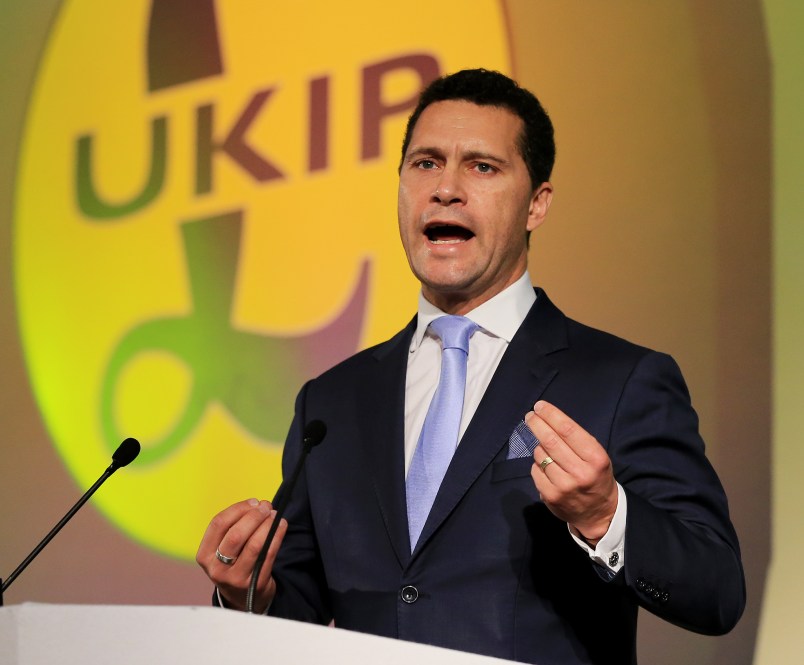I suspect that some TPM readers are going to disagree with David Goodhart’s assessment of the youth vote in the British election and with his view of Jeremy Corbyn’s politics. I have a somewhat different take myself on the youth vote. But there are two things that I want to point out in this interview that I did with him about British politics. First, he is absolutely right to remind us that Theresa May and the Tories got their highest percentage of the vote since 1983. They failed to live up to expectations. And May made a mistake in calling the election. But the Tories remain Britain’s leading party.
Secondly, there is a subtle division in British politics that also applies to politics in France, Denmark, and the US between voters who whose political sentiments are deeply rooted in a conception of neighborhood, town, and nation – those Goodhart calls the “somewheres” – and voters who see themselves as global citizens, or at the least as not particularly attached to any town or community – those Goodhart calls the “anywheres.” Most people fall somewhere along the line between the two extremes, but the distinction has much to offer in explaining the British vote on Brexit and Donald Trump’s victory in 2016.
When I was giving a talk in October on my book, “The Populist Explosion,” at an upper class foreign policy organization, I was trying to explain the Trump vote, and I mentioned as I usually do the strong reaction especially in the Midwest and South to American free trade deals, which in fact consist primarily of provisions that make it safe for American companies to move their facilities out of the country. NAFTA is about two-thirds various guarantees against expropriations and one-third goods traffic across the border.
Afterwards, a member of the audience, who told me that she had just returned from campaigning in Iowa for Hillary Clinton, and who, I learned later, was a State Department appointee, angrily confronted me. “How can you say that about free trade?” she said. “Don’t you realize how people around the world have benefitted from free trade?” (I’m paraphrasing from memory.) I was irked, and I replied, “Who gives a … about people around the world?” I apologized immediately, but the point was that she was an “anywhere,” and the people who were worried about what “free trade” was doing to their jobs and communities were “somewheres.”






